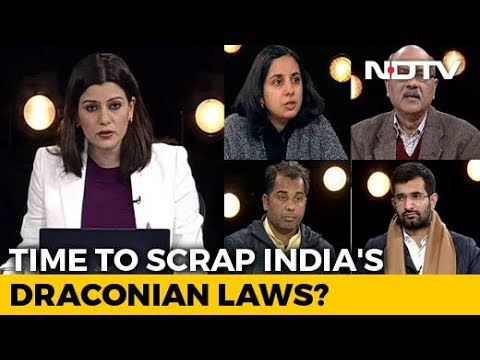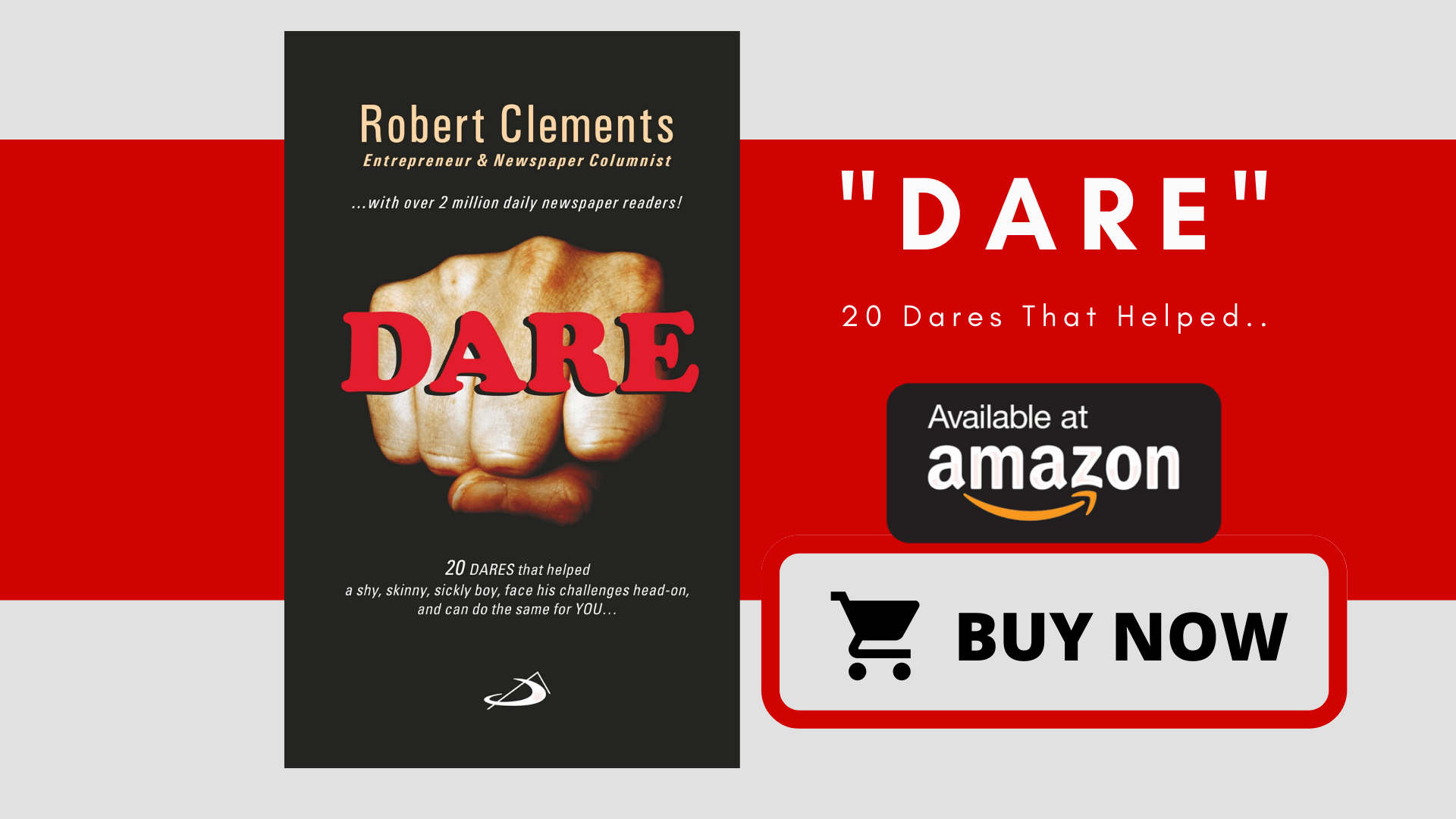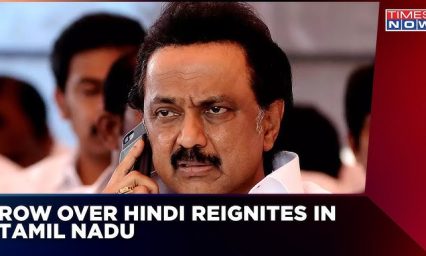There was a time when the phrase “innocent until proven guilty” echoed through every courtroom and classroom. It was not just a legal principle but the very foundation of justice. Today, that pillar trembles. For what we see around us is a steady erosion of that simple truth, replaced by laws that make guilt the starting point, and innocence something to be earned after years behind bars.
Yes, we nod when we hear about laws meant to fight terrorism or protect the nation. We say, “Good, let them catch the bad ones.” But what happens when the finger of suspicion turns toward you? When a word you write, a speech you make, or a protest you join suddenly brands you a threat to the state? You could be taken away before you even finish your morning tea.
The National Security Act, or NSA, was invoked in Goa recently. It sounds dramatic, even noble, but in its shadow lies fear. Under such laws, one can be detained without trial for months. In that time, the prosecuting agency might still be searching for evidence while you count the days, the weeks, the months, maybe even years, in a cell. Is this justice, or is this vengeance disguised as law?
Imagine this happening to someone who dared to question a government policy, or stood firm against an unfair acquisition of land. Suddenly, he is not a citizen with rights but a “security threat.” His family pleads outside the gates, his neighbours whisper, and his name appears in the paper not as a protester but as a prisoner.
“Let all terrorists be jailed,” some will say. True. But who decides who a terrorist is? A terrorist is one who spreads fear. Yet what happens when fear itself is spread by those in power? When people live in silence because speaking out could land them in a dark corner of a cell, who then is the real threat to the nation?
The framers of our Constitution gave us rights not to make us bold against the state but to make the state humble before the people. They knew that absolute power, if unchecked, becomes a monster. The right to bail, the right to a fair trial, the right to be heard are not luxuries. They are the locks that keep tyranny out.
Goa is not a battlefield. It is a peaceful land of beaches and books, music and freedom. To see such a place invoke a law meant for national emergencies is like using a sword to cut a birthday cake. One day, if we do not speak up, that sword might be raised against us.
Think about it. You may not be a writer or an activist. You may just be someone holding onto your land, your home, or your beliefs. But in times when freedom itself is on trial, silence could be your biggest crime. And once behind bars, no one hears your defence, only the sound of a Constitution weeping…!
————————————————–
Would love to hear from you in the COMMENTS section below…and IF YOU WANT TO RECEIVE BOB’S BANTER EVERYDAY, PLEASE SEND YOUR NAME AND WHATSAPP PHONE NO TO [email protected]
————————————————–










 Robert Clements is a newspaper columnist and writes a daily column, which has graced the pages of over 60 newspapers and magazines, from a daily column in the Khaleej Times, Dubai, the Morning Star, London, and in nearly every state in India, from The Statesman in Kolkata, to the Kashmir Times in Kashmir to the Trinity Mirror in Chennai.
Robert Clements is a newspaper columnist and writes a daily column, which has graced the pages of over 60 newspapers and magazines, from a daily column in the Khaleej Times, Dubai, the Morning Star, London, and in nearly every state in India, from The Statesman in Kolkata, to the Kashmir Times in Kashmir to the Trinity Mirror in Chennai.